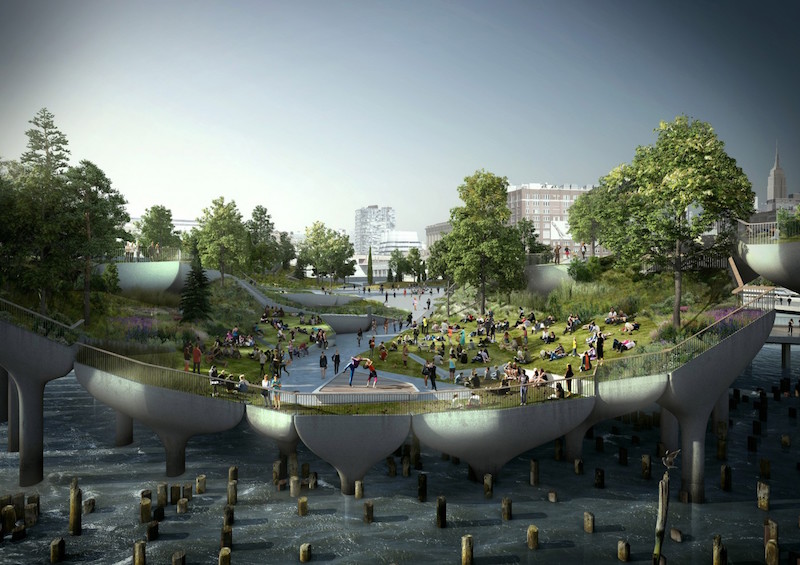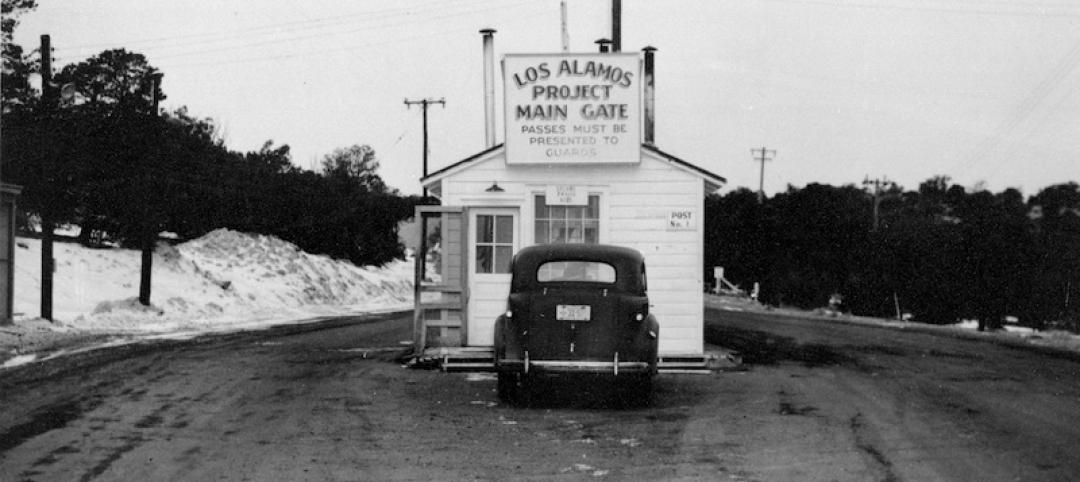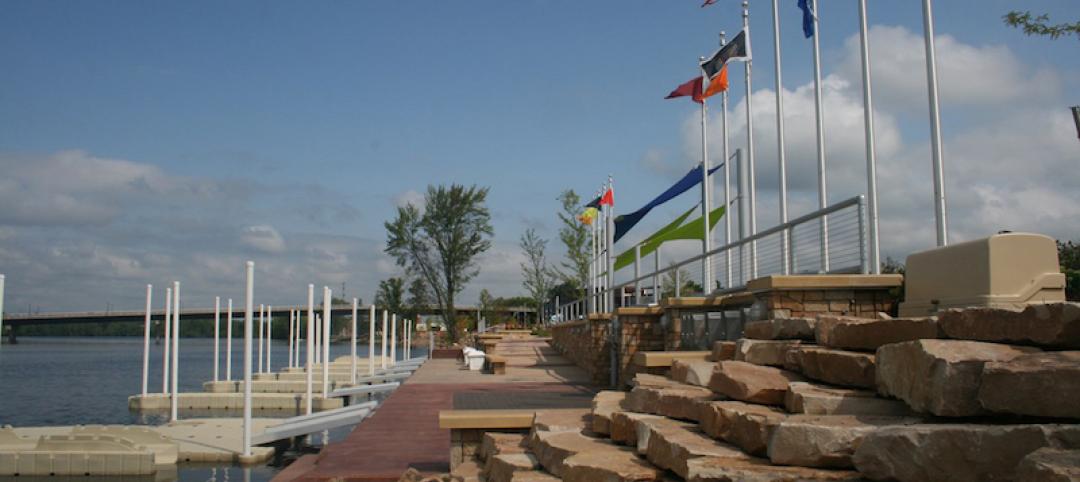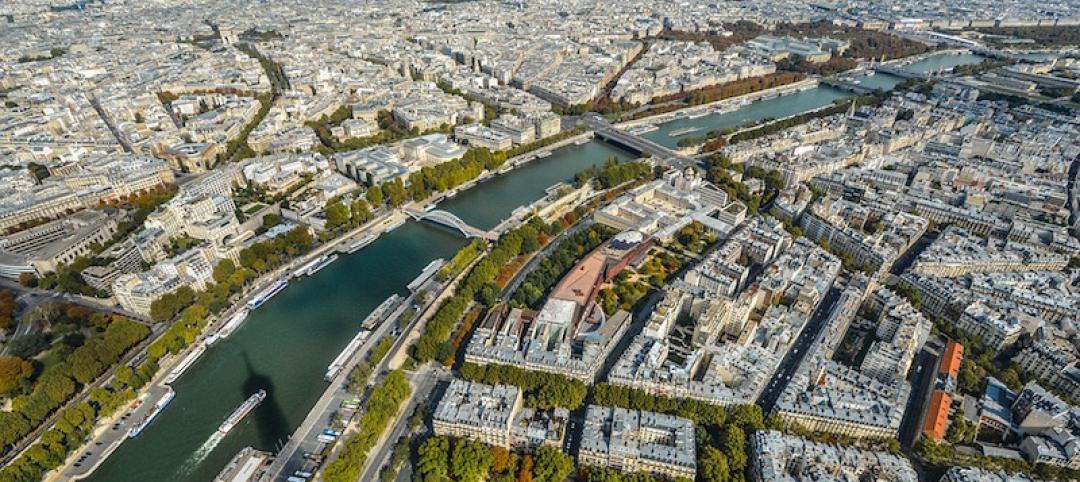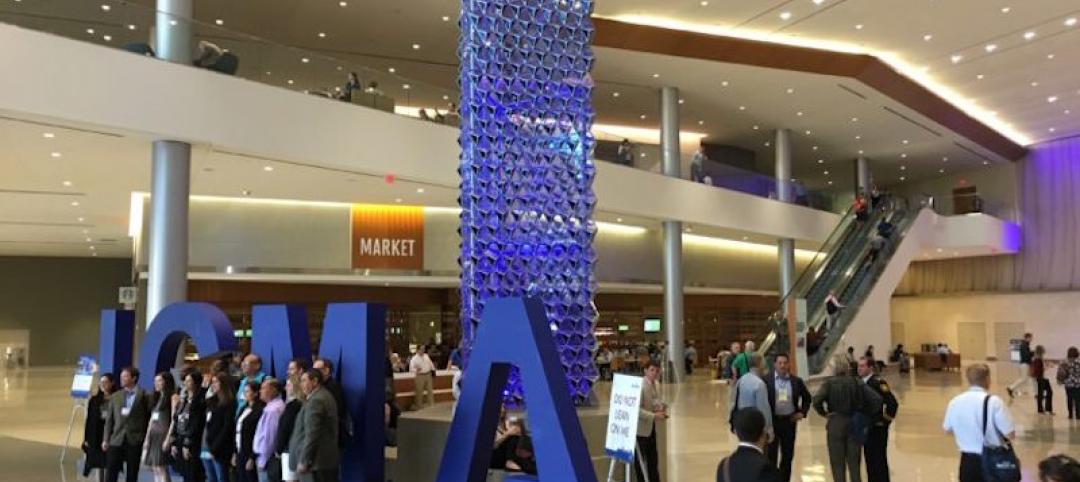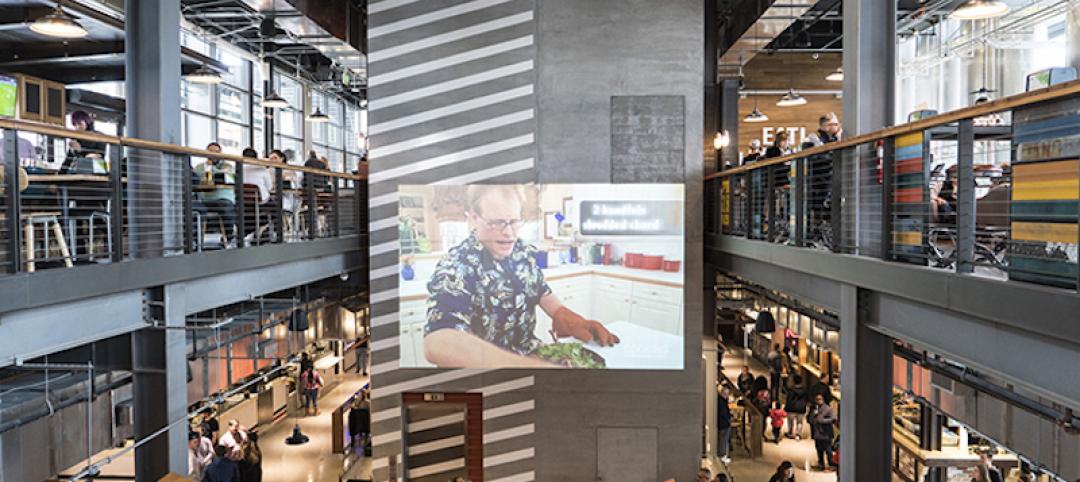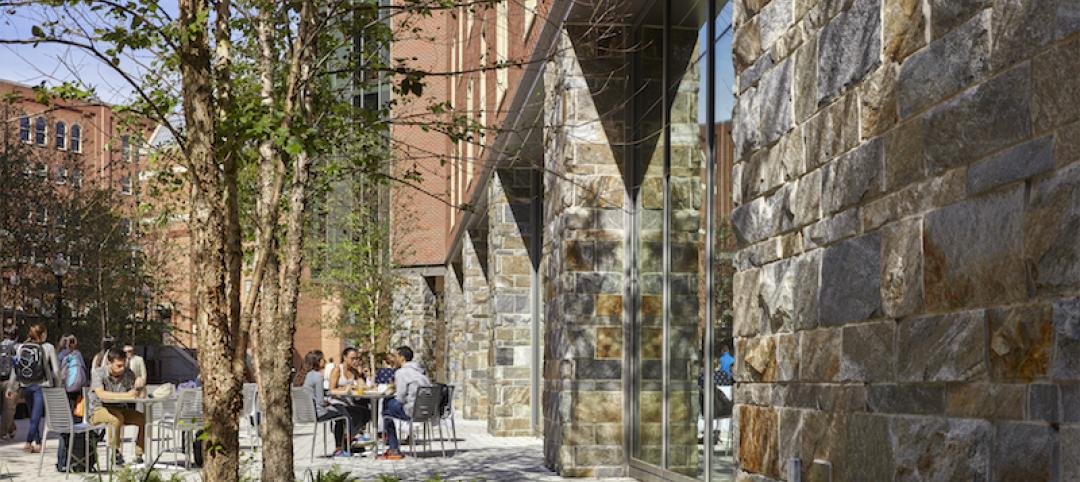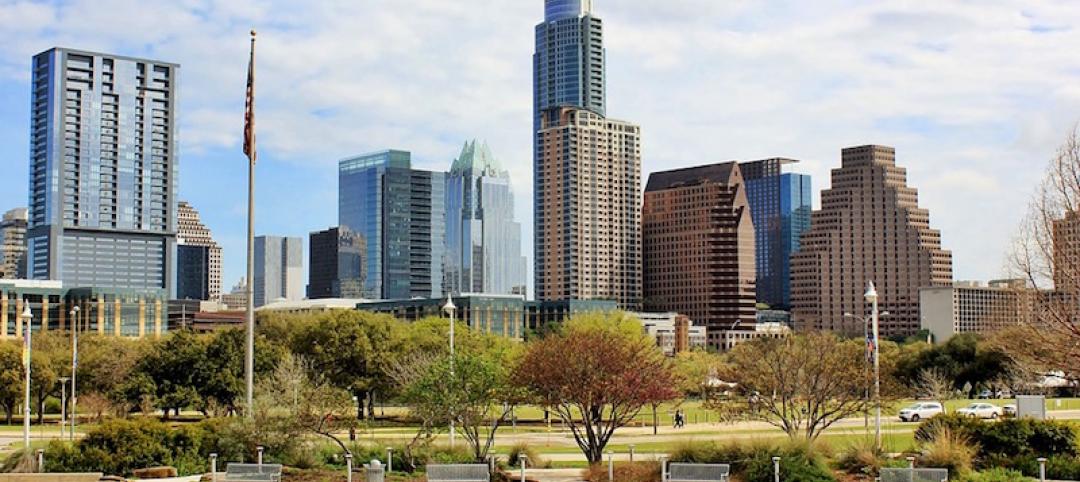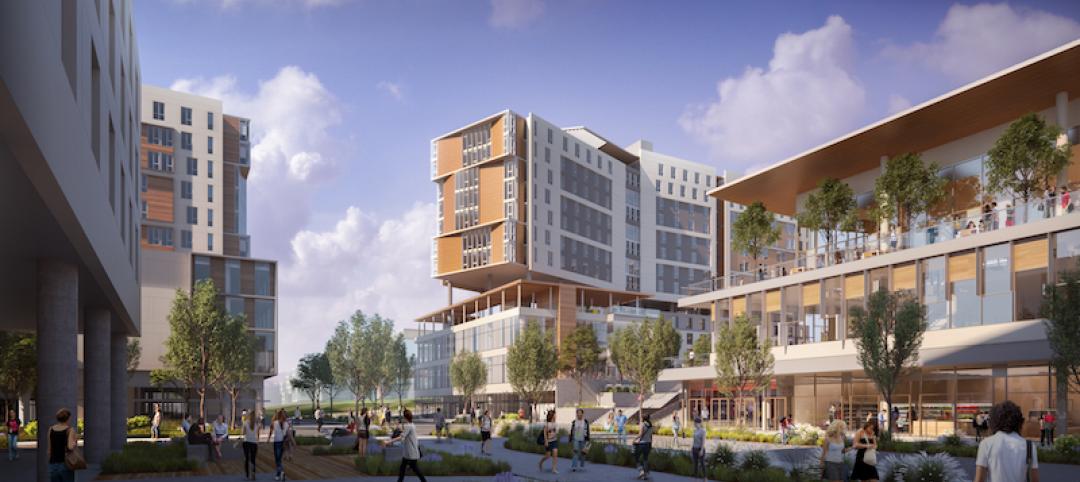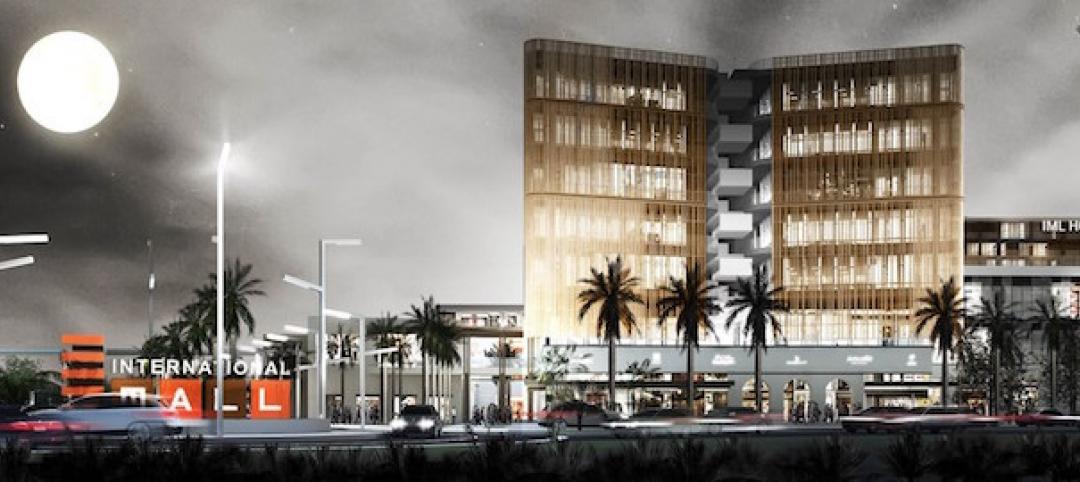Pier 55, a 2.7 acre park rising above the Hudson River on Manhattan’s lower west side, can move forward without hesitation as the New York Court of Appeals has denied City Club of New York’s motion for leave.
The park, whose construction is being privately funded by Diane Von Furstenberg and Barry Diller, has been embroiled in a legal battle almost from the moment of its conception.
The City Club brought forth the lawsuit arguing that just because the project is being privately funded, that doesn’t mean the basic rules of environmental review, public involvement, and the need for competitive bidding can be ignored. City Club also takes issue with the fact that the park will sit atop 550 piles and rise as high as seven stories above the water, fully obscuring a wide-open view of the Hudson.
City Club’s brief focused on the following issues:
- Failure to do an environmental impact statement
- Failure to study cumulative impacts of two related projects, Piers 55 and 57
- Failure to obtain competitive bids
- Failure to comply with legislation to allow reconstruction of Pier 54
- Failure to apply the public trust doctrine, particularly to ensure open public access
City Club says it got into the case because the project illustrates a city-is-for-sale mentality, is illegal under the terms of the Park Act, and bypassed environmental protection laws.
However, the most recent ruling from the Appellate Division may be the end of the lawsuit once and for all, as the Court of Appeals was one of the group’s final avenues for delaying the project, Curbed New York reports.
In a statement, Hudson River Park Trust President & CEO Madelyn Wils referred to the lawsuit as “ill-conceived” while expressing excitement over being able to continue construction on “one of the city’s most spectacular new public spaces.”
 Rendering courtesy of Heatherwick Studio
Rendering courtesy of Heatherwick Studio
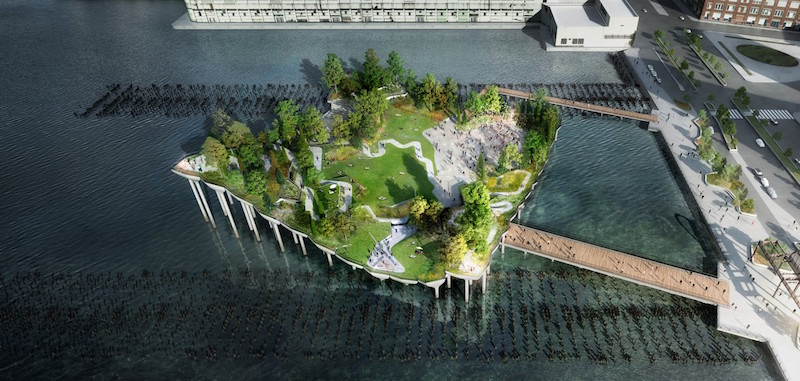 Rendering courtesy of Heatherwick Studio
Rendering courtesy of Heatherwick Studio
Related Stories
Architects | Mar 7, 2018
New National Building Museum exhibit explores the architecture of the Manhattan Project
The exhibit will run through March 3, 2019.
Urban Planning | Feb 26, 2018
A new way to approach community involvement for brownfield projects
A new community engagement program works with young adults to help the future of the neighborhood and get others involved.
Urban Planning | Feb 23, 2018
Paris car ban along the river Seine deemed illegal
Mayor Anne Hidalgo has appealed the decision.
Urban Planning | Feb 21, 2018
Leading communities in the Second Machine Age
What exactly is the Second Machine Age? The name refers to a book by MIT researchers Erik Brynjolfsson and Andrew McAfee.
Urban Planning | Feb 14, 2018
6 urban design trends to watch in 2018
2017 saw the continuation of the evolution of expectations on the part of consumers, developers, office workers, and cities.
Urban Planning | Feb 12, 2018
Stormwater as an asset on urban campuses
While there is no single silver bullet to reverse the effects of climate change, designers can help to plan ahead for handling more water in our cities by working with private and public land-holders who promote more sustainable design and development.
Urban Planning | Jan 24, 2018
Vision Zero comes to Austin: An outside perspective
Aside from the roads being wider and the lack of infrastructure for bikes and pedestrians, there seemed to be some deeper unpredictability in the movement of people, vehicles, bikes, and buses.
Urban Planning | Jan 10, 2018
Keys to the city: Urban planning and our climate future
Corporate interests large and small are already focused on what the impact of climate change means to their business.
Urban Planning | Jan 2, 2018
The ethics of urbanization
While we focus on designing organized and supportive architecture, much of urbanization is created through informal settlements.
Urban Planning | Dec 5, 2017
A call for urban intensification
Rather than focus on urban “densification" perhaps we should consider urban “intensification.”


